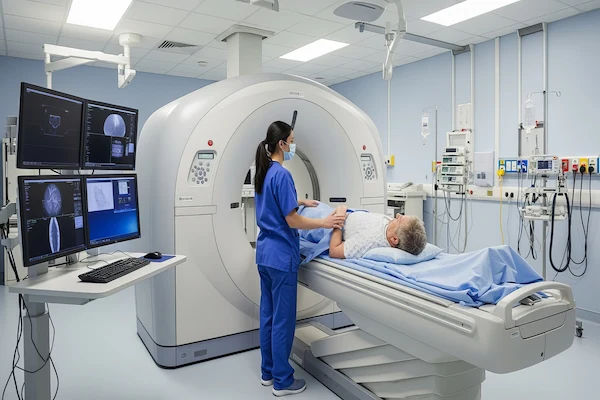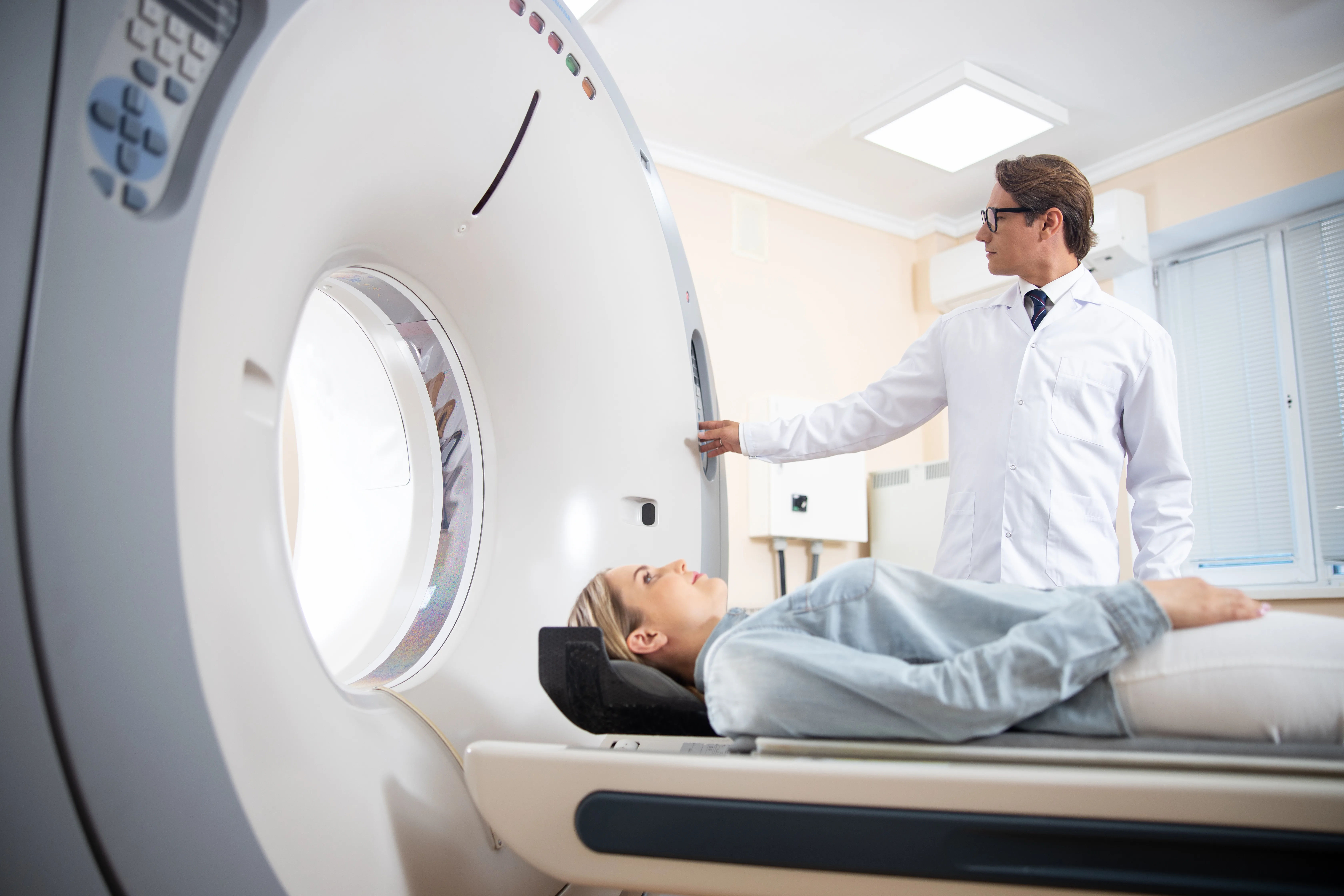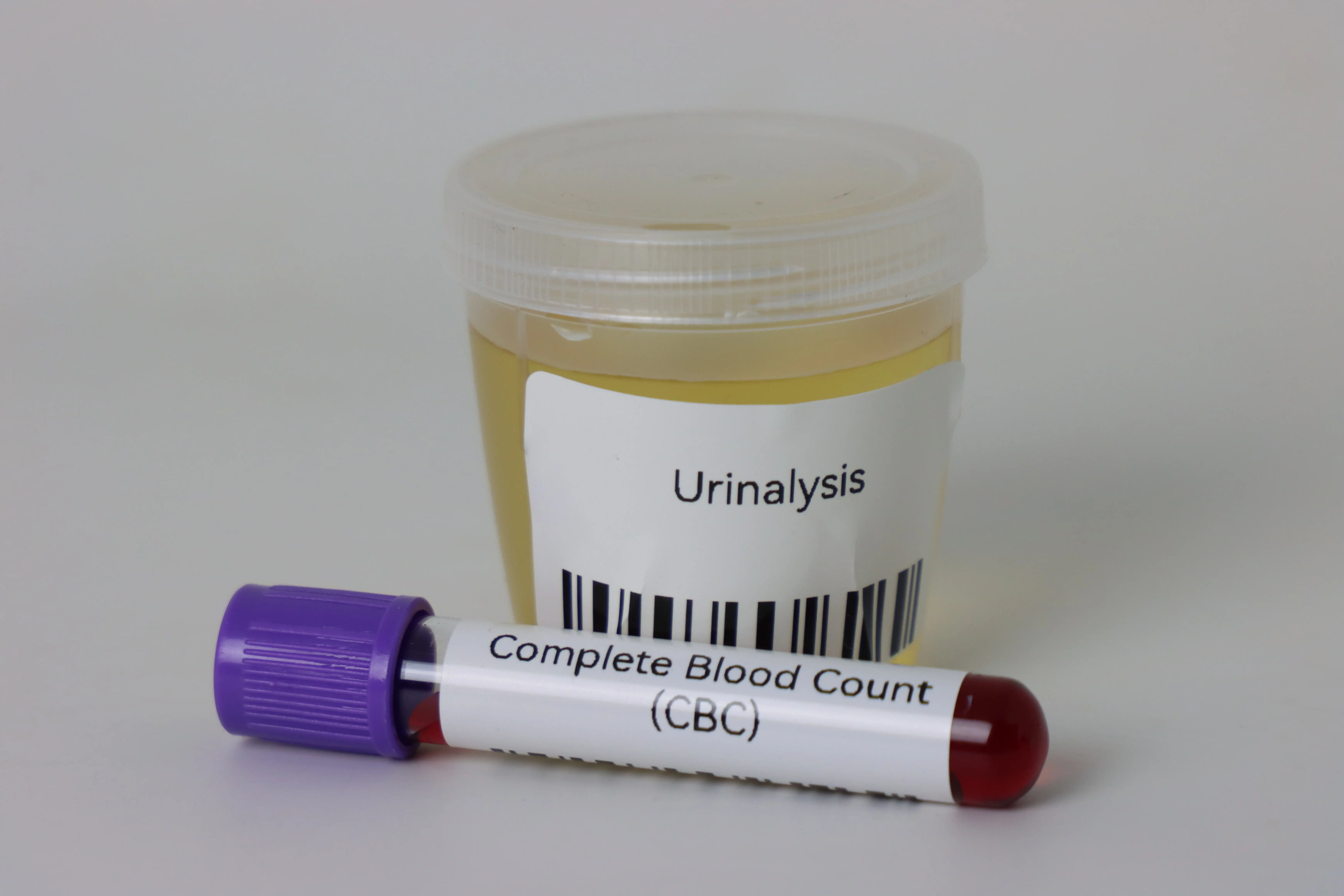Understanding MRI Scans and Their Uses
Learn what an MRI scan is, how it works, why it's used, and what to expect during the procedure. A simple guide to help ease your MRI worries.

Written by Dr. Dhankecha Mayank Dineshbhai
Reviewed by Dr. Siri Nallapu MBBS
Last updated on 8th Aug, 2025

Introduction
Medical tests can sometimes feel overwhelming, especially when you're not sure what to expect. If your doctor has recommended an MRI scan, you might have questions about what it is, why it’s needed, and how it works. Don’t worry; this article will guide you through everything in a simple and friendly way.
What is an MRI Scan?
MRI (Magnetic Resonance Imaging) is a safe and painless imaging test that uses strong magnets and radio waves to create detailed pictures of the inside of your body. Unlike X-rays or CT scans, MRI does not use radiation, making it a safer option for repeated imaging, especially for sensitive areas like the brain or spine.
How Does an MRI Work?
An MRI machine is a large, tube-like scanner with a strong magnetic field. When you lie inside the scanner, the magnetic field temporarily aligns the water molecules in your body. Radio waves are then sent through your body, causing these molecules to produce faint signals. A computer captures these signals and converts them into highly detailed images of your organs, bones, and tissues.
Why Would You Need an MRI?
Doctors recommend MRI scans to diagnose or monitor various health conditions. Some common reasons include:
- Brain and Nervous System: Detecting tumours, strokes, multiple sclerosis, or brain injuries.
- Spine and Joints: Evaluating herniated discs, spinal cord injuries, or joint problems (like torn ligaments).
- Heart and Blood Vessels: Checking for heart disease, blockages, or abnormalities.
- Abdominal and Pelvic Organs: Examining the liver, kidneys, uterus, or prostate for diseases.
- Cancer Detection: Identifying tumours and monitoring treatment progress.
What to Expect During an MRI?
If you’re scheduled for an MRI, here’s what typically happens:
1. Preparation:
- You may be asked to avoid eating or drinking for a few hours before the scan (depending on the area being scanned).
- Remove all metal objects (jewellery, watches, belts) as they can interfere with the magnetic field.
- Wear comfortable, loose-fitting clothing.
2. During the Scan:
- You’ll lie on a sliding table that moves into the MRI machine.
- The machine makes loud knocking or buzzing sounds, so you may be given earplugs or headphones.
- You must stay still to ensure clear images. The scan can take 30–60 minutes.
3. After the Scan:
- You can resume normal activities immediately unless you were given sedation (rarely needed).
- A radiologist will analyse the images and send a report to your doctor.
Consult a Top Physician For More Health Benefits
Is an MRI Safe?
MRI is non-invasive and generally safe for most people. However, inform your doctor if you:
- Have metal implants (pacemakers, cochlear implants, metal clips).
- Are pregnant (though MRI is usually safe, doctors may avoid it in the first trimester).
- Have claustrophobia (fear of enclosed spaces). In such cases, an open MRI or mild sedation may be offered.
Tips for a Smooth MRI Experience
- Stay Calm: If you feel anxious, practice deep breathing or listen to music (some centres allow this).
- Communicate: Let the technician know if you’re uncomfortable during the scan.
- Follow Instructions: Holding still is crucial for clear images.
When to Consult a Doctor?
If your doctor has suggested an MRI, it’s important to follow through for an accurate diagnosis. Early detection of health issues can lead to better treatment outcomes.
If you’re unsure whether you need an MRI or want to schedule one, you can book a consultation or MRI scan through Apollo 24|7. Their expert radiologists and advanced machines ensure a comfortable and precise experience.
Get Your Health Assessed Here
Conclusion
An MRI is a powerful tool that helps doctors see inside your body without surgery. While the process may seem intimidating at first, knowing what to expect can ease your worries. If you have any concerns, don’t hesitate to ask your doctor—they’re there to help you every step of the way.
Consult a Top Physician For More Health Benefits
Consult a Top Physician For More Health Benefits

Dr. Shesham Srinidhi
General Practitioner
5 Years • MD(physician)
Hyderabad
Apollo 24|7 Clinic, Hyderabad
(150+ Patients)

Dr. Mohammed Kamran
General Practitioner
5 Years • MBBS, FIDM
Nashik
Apollo 24|7 Clinic - Maharashtra, Nashik

Dr. Shaik Abdul Kalam
General Practitioner
3 Years • MD (Physician)
Visakhapatnam
Apollo 24|7 Clinic - Andhra Pradesh, Visakhapatnam
(150+ Patients)

Dr. Dhankecha Mayank
General Practitioner
6 Years • MBBS
Hyderabad
Apollo 24|7 Clinic - Telangana, Hyderabad

Dr. Siri Nallapu
General Practitioner
5 Years • MBBS
Hyderabad
Apollo 24|7 Clinic, Hyderabad
Consult a Top Physician For More Health Benefits

Dr. Shesham Srinidhi
General Practitioner
5 Years • MD(physician)
Hyderabad
Apollo 24|7 Clinic, Hyderabad
(150+ Patients)

Dr. Mohammed Kamran
General Practitioner
5 Years • MBBS, FIDM
Nashik
Apollo 24|7 Clinic - Maharashtra, Nashik

Dr. Shaik Abdul Kalam
General Practitioner
3 Years • MD (Physician)
Visakhapatnam
Apollo 24|7 Clinic - Andhra Pradesh, Visakhapatnam
(150+ Patients)

Dr. Dhankecha Mayank
General Practitioner
6 Years • MBBS
Hyderabad
Apollo 24|7 Clinic - Telangana, Hyderabad

Dr. Siri Nallapu
General Practitioner
5 Years • MBBS
Hyderabad
Apollo 24|7 Clinic, Hyderabad





